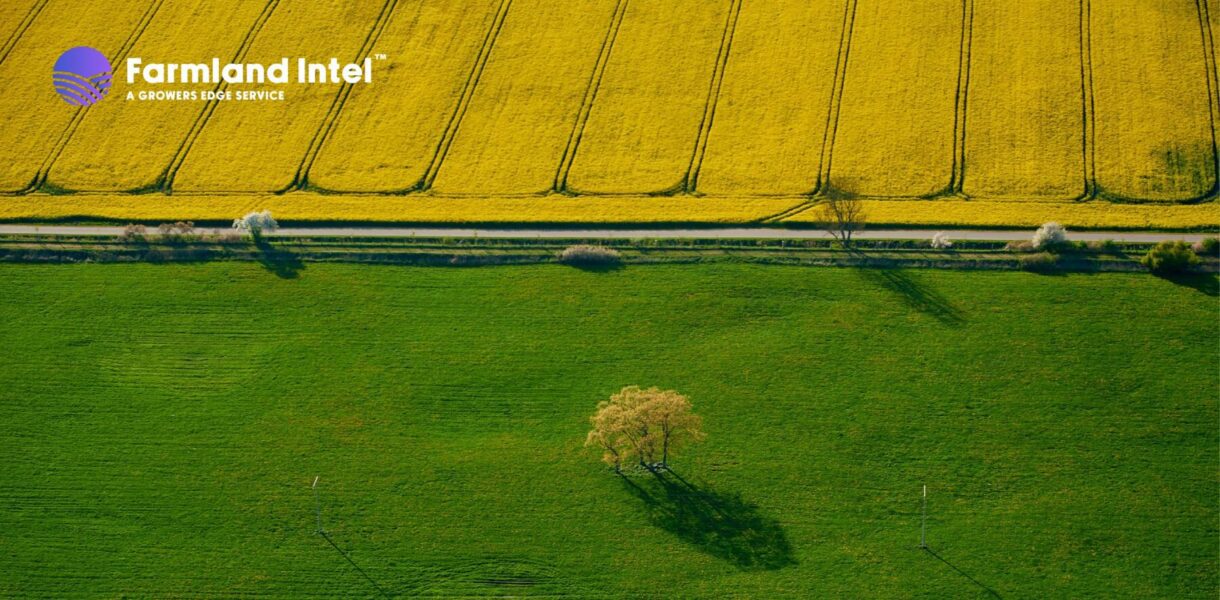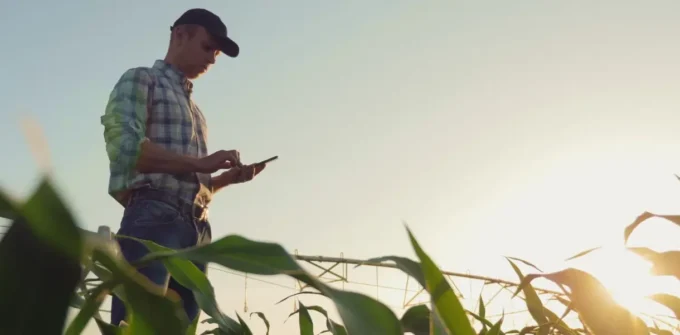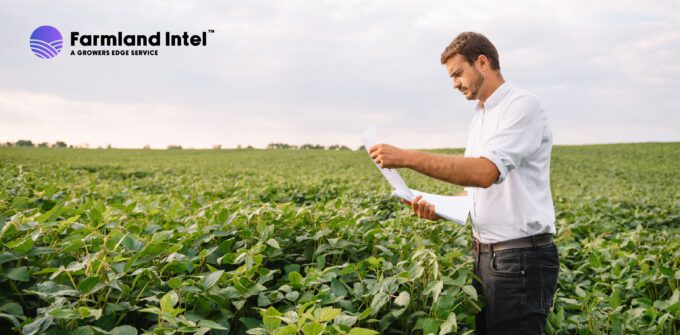Many farmers have spent years tending to land with little knowledge of the financial side of agriculture. Investing in farmland is a different world from planting crops or managing livestock. It comes with unfamiliar rules, new decisions to consider, and risks to weigh. But farmers bring something to the table that most investors don’t, and that’s a deep understanding of the land itself.
That knowledge of what the land is capable of can be your advantage when in search of a profitable investment.
In this guide, we’ll explore what it takes to invest in the right farmland. From the risks to the many opportunities, to how agricultural consultants can turn your concerns into clarity.
Why Is Buying Farmland So Enticing?
The demand and the returns are there. For decades, farmland has seen between 8% and 12% in annual returns on average. While that depends on location, land use, and management, the ROI is there, making it a smart long-term investment.
Other benefits include:
- Passive income through leases or rental agreements
- Inflation-resistant value during economic downturns
- Growing global food demand
The Types of Farmland Investment Opportunities
There are a number of ways you can get your feet wet in farmland investing. Ultimately, it comes down to one question: Do you want to be hands-on or hands-off?
Here’s what that looks like for first-time farmland investors.
Direct Farmland Ownership
This is the most hands-on investment type. After purchasing the land, you can use your skills to continue the upkeep on your own. For farmers, landowners, and investors looking for long-term control, direct farmland ownership will give you the flexibility to make decisions about how the land is used, improved, leased, or sold.
Here are more pros and cons to consider:
- Pros: Full asset control, income through rent or crop revenue, long-term appreciation.
- Cons: High upfront costs, requires land knowledge or management support.
Farmland REITs and Investment Funds
With Real Estate Investment Trusts (REITs) and agricultural investment funds, you can invest by purchasing shares of farmland assets rather than buying or managing land directly. These investments are typically managed by a firm or farmland fund, leaving you with less responsibility in the day-to-day operations.
The pros and cons to consider with this investment include:
- Pros: Diversification, professional management, and lower investment minimums.
- Cons: limited control and performance of land tied to fund management.
Sale-Leaseback or Lease-to-Own Models
As far as being hands-on or hands-off, sale-leaseback and lease-to-own fall somewhere in the middle.
In a sale-leaseback, you’ll sell the land to an investor and lease it back without interrupting operations. With a lease-to-own arrangement, an investor leases the land with the option to purchase it later.
For farmers who want to still have a stake in the operations of the land without taking on full ownership, this investment type comes with many benefits.
Other pros and cons to consider include:
- Pros: Consistent leasing incomes, lower upfront costs, path to full ownership.
- Cons: Some complexity with legal agreements and some ongoing oversight, especially if the lease includes performance or purchase terms.
Risks Farm Land Investors Should Consider
For decades, farms have proven to be a stable and lucrative investment. The smartest investors, however, don’t just focus on profitability. They also assess the risks of every potential asset.
For farmland investors, there are three top risks you should consider before breaking soil.
-
Overpaying For Land
Before making an offer, it’s best to understand the land’s soil productivity, yield history, and to dissect comparable sales in the surrounding area. A smart way to get this information is through land valuation tools or agricultural consultants who understand the dynamics of the land.
-
Bad Lease Agreements
To avoid getting stuck in a bad lease agreement or unreliable tenant, work with a legal advisor familiar with agricultural leasing to create clear and enforceable terms. Agricultural consultants also assist with vetting tenants and identifying unfair rental terms.
-
Operational and Environmental Issues
Unless you’ve farmed the land yourself, don’t assume it’s immediately ready for production or leasing. There needs to be a thorough assessment of everything from the water rights to the infrastructure. Lean on experts to help you flag issues that drain your income potential.
Each of these risks can be managed or avoided overall with the assistance of data and trusted guidance.
For many first-timers, that guidance comes from agricultural consultants. With their regional expertise and technical knowledge, you’re able to identify those red flags earlier in the process. They’re also there to help you validate the earning potential of the land, giving you all the information you need to make the best decision.
The Most Important Questions to Ask Before Investing
For new farm land investors, the more quantitative and qualitative data you have, the better. And gathering that information normally starts with asking the right questions.
To find farm land investment opportunities with the most profitability, start by asking these questions:
- What’s the historical yield and soil classification?
- How does this land compare to others in the county?
- Is the land irrigated? Who controls the water rights?
- What’s the average annual return in this area?
- What are my short-term vs. long-term goals for this investment?
- Who will manage the land if I don’t live nearby?
Whether you’d like to jump right into direct ownership, invest in REITs, or get your feet wet with the lease-to-own models, there are countless farm land investment opportunities for you to take advantage of. For the process to go as smoothly as possible, partnering with agricultural consultants and letting data lead you will help you make the best investment decision possible.
Farmland Intel helps first-time investors make confident decisions using data. With access to regional land values, yield history, and expert consultants, new investors can identify the best opportunities and avoid costly risks.



